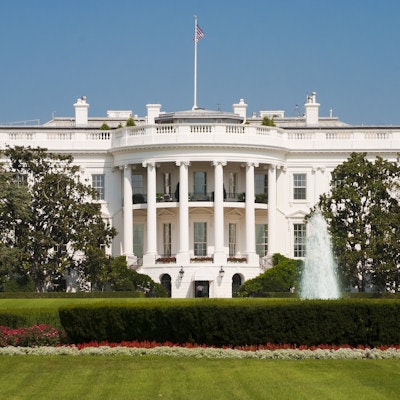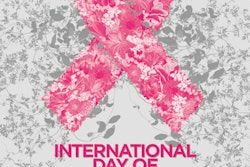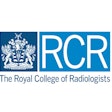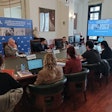
The Trump administration's new policy restricting immigration to the U.S. from seven countries in the Middle East could create complications for societies scheduled to hold meetings in the country in coming months. One group with an upcoming conference, the International Society for Magnetic Resonance in Medicine (ISMRM), issued a statement on January 30 about the new policy.
In an executive order issued January 27, the Trump administration announced a new policy that restricts immigration from seven countries in the Middle East: Iraq, Iran, Libya, Somalia, Sudan, Syria, and Yemen. The change resulted in a number of travelers to the U.S. being detained at airports over the weekend, as U.S. businesses -- including healthcare providers and universities -- struggled to ascertain how the policy would affect their employees.
The order could also affect medical and scientific conferences that host researchers from the countries covered by the ban. The ISMRM's annual meeting is scheduled for April 22-27 in Honolulu, and potential attendees who are citizens of the seven countries subject to the restrictions could encounter difficulties getting to the show. The ISMRM conference is one of the first major radiology meetings to take place in the U.S. as the spring conference season begins.
In the message sent to members from the board of trustees for the Concord, CA, group, the ISMRM noted that its mission is to "foster connections among our members across national boundaries," and to provide opportunities for all to present research that's vital to both healthcare and science. The board said it has reached out to U.S. political leaders "to better understand the actions taken over this weekend and the options available to us, including, most importantly, how to best advocate for our members."
Several Twitter messages have already commented on the implications that the new immigration policy could have on travel to the ISMRM show. One Twitter post even raised the specter of boycotts of U.S. societies and meetings if the new policy remains in place.
Another timely reminder for US societies & conferences to have a B plan in case of boycotts.
— practiCal fMRI (@practiCalfMRI) January 28, 2017
For its part, the ISMRM noted that it will continue to follow the situation and keep its membership appraised of any developments.
"We will monitor this situation closely, providing any necessary updates regarding our annual meeting or other matters," the ISMRM statement reads. "In the meantime, please know that the ISMRM is committed to engaging you and enabling your continued work in our field. We will do our best to ensure that, no matter what, you and all of our members around the world continue to have opportunities to participate in the ongoing dialogue that defines our field and our contributions to science and healthcare."



















